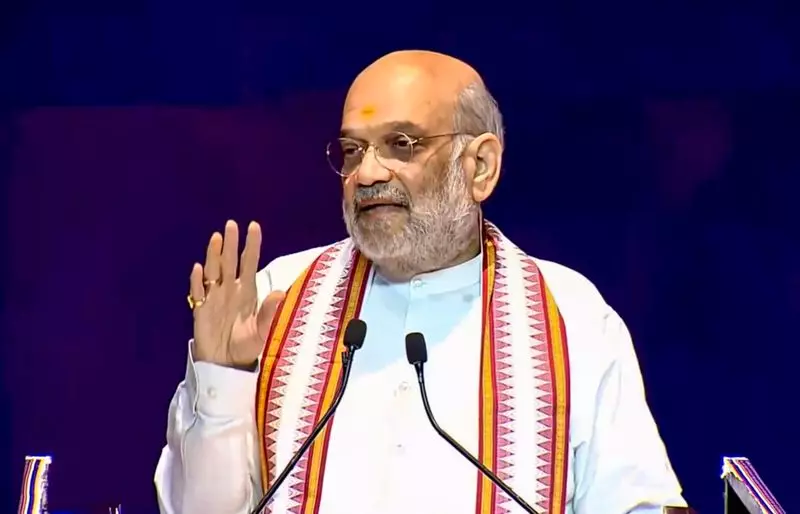
Union Home Minister Amit Shah presided over a significant Northern Zonal Council meeting in Faridabad on Monday, bringing together top administrators from five northern states and three union territories to address pressing regional issues.
High-Level Participation and Key Attendees
The meeting witnessed participation from chief ministers of several northern states including Haryana Chief Minister Nayab Singh Saini, Himachal Pradesh Chief Minister Sukhvinder Singh Sukhu, and Punjab Chief Minister Bhagwant Mann. Additionally, lieutenant governors and administrators from union territories including Delhi, Chandigarh, Jammu and Kashmir, and Ladakh joined the crucial discussions.
Senior officials from central government ministries and departments also attended the meeting, providing technical expertise and central perspective on various agenda items. The broad representation ensured comprehensive discussion on inter-state matters affecting the northern region.
Critical Agenda Items and Discussions
The council addressed multiple important topics during the day-long meeting. Key among them were issues related to water sharing, power transmission, infrastructure development, and security coordination among the northern states. The meeting also reviewed the implementation of previous decisions taken by the council.
Specific attention was given to enhancing regional connectivity through improved road and rail networks. The participants discussed mechanisms for better coordination in disaster management and emergency response, given the geographical challenges faced by some member states in the Himalayan region.
Significance of Zonal Council Meetings
The Northern Zonal Council serves as an important platform for cooperative federalism, enabling states and union territories in the region to resolve inter-state disputes and coordinate on common development goals. These meetings facilitate direct dialogue between state leadership and the central government.
This particular meeting gains significance as it comes at a time when northern states face common challenges in agriculture, water management, and industrial development. The council's decisions are expected to provide momentum to various ongoing development projects in the region.
The Faridabad meeting represents the continued efforts by the central government to strengthen the zonal council mechanism as an effective tool for addressing regional concerns and promoting balanced development across different parts of the country.






